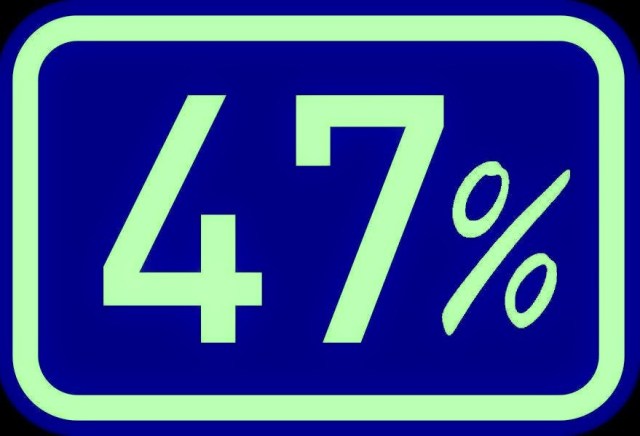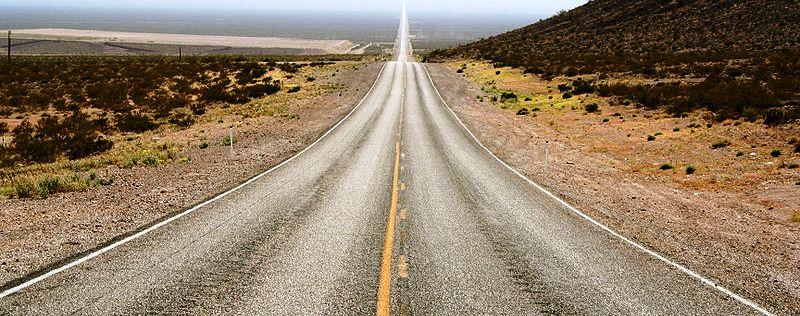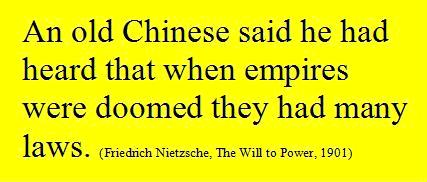 The socioeconomics of global warming has eclipsed the science of it. Consider, for example, the use of the analogy of a greenhouse to connote a problem for humanity.
The socioeconomics of global warming has eclipsed the science of it. Consider, for example, the use of the analogy of a greenhouse to connote a problem for humanity.
We all know that a cup of oil contains more energy than a cup of air or a cup of wind. A greenhouse in fact proves that we can better harness the energy of the Sun — for the betterment of humanity — by simply eliminating wind (see–i.e., preventing convection and condensation below). The CO2 that gardeners use to fertilize a greenhouse is irrelevant to the elevated heat of the atmosphere inside a greenhouse compared to air outside.
Schopenhauer observed that the teeth are objectified hunger. We also can apply a rigorous objectivity to thoughts that have taken on a substance beyond their service to the human that is the bearer of such thoughts.
So, let’s objectify Western civilization’s feelings about climate change. Is analogy of a “greenhouse” humanity’s best stab at being objecive? In a nutshell, a rational analysis shows the greenhouse analogy is out of order, as follows:
Increasing CO2 in the atmosphere does not increase the amount of IR radiation from the surface, nor does it increase the total amount of IR absorbed by the atmosphere since this was already virtually all absorbed within about a dozen metres of the surface even at preindustrial levels of CO2. What more CO2 does do is absorb the back radiated IR even closer to the surface. However, the thin layer near the surface which is being warmed is constantly being mixed into a vastly greater volume of the atmosphere by convection and wind turbulence. Wind and convection also carry large amounts of thermal energy away from the surface by evaporation and release it through condensation at high altitudes, where it can radiate away into space. Since increased CO2 does not increase the total amount of energy being absorbed and cannot “trap” it in a physically confined space as does an actual greenhouse, the “greenhouse effect” of more CO2 is highly ineffectual. Walter Starck
Obviously, using the analogy of a greenhouse with respect to global warming alarmism is not objective at all. What such purposefully inept analogizing really means is obvious too: it’s Western society’s excuse for avoiding reality. What it really shows is that fear by an ever-growing secular, socialist society of global warming is a mask to hide its fear of individualism and a determined effort to limit the freedom of others through the control of factors of production such as energy.
What we are really being treated to is a lesson in morality. A politician and the mainstream media collaborated in deception to proclaim a non-existing consensus as being real, as follows:
In 1992, former Vice President Al Gore reassured his listeners, ‘Only an insignificant fraction of scientists deny the global warming crisis. The time for debate is over. The science is settled.’ In the real 1992, however, Gallup ‘reported that 53% of scientists actively involved in global climate research did not believe global warming had occurred; 30% weren’t sure; and only 17% believed global warming had begun. Even a Greenpeace poll showed 47% of climatologists didn’t think a runaway greenhouse effect was imminent; only 36% thought it possible and a mere 13% thought it probable.’ Seventeen years later, in 2009… Climategate broke, reminding us that what had smelled funny before might indeed be a little rotten. ~Jay Richards






















